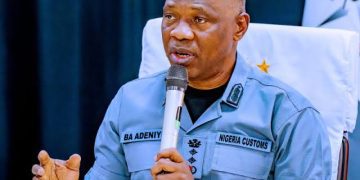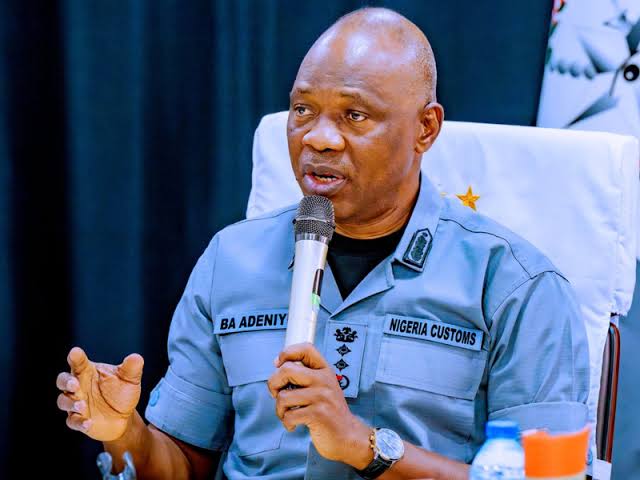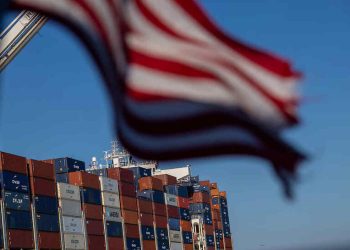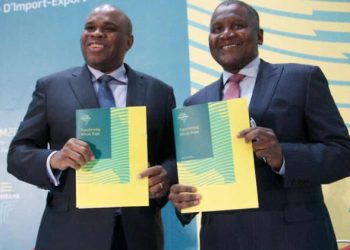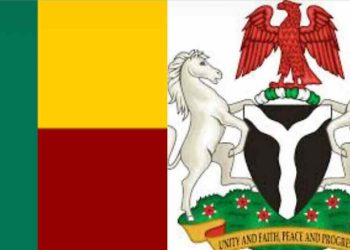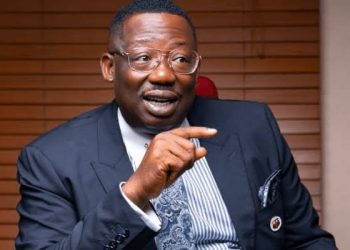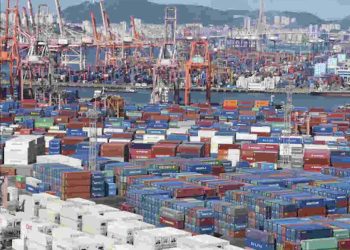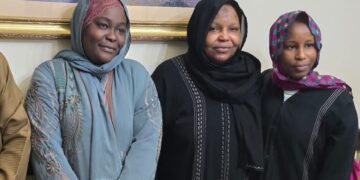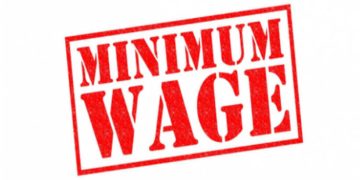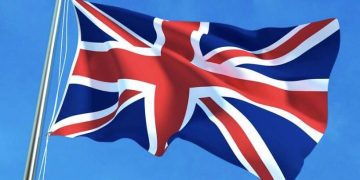The Nigeria Customs Service (NCS) is set to overhaul its revenue structure by replacing various import-related levies with a single, streamlined 4% Free On Board (FOB) charge, according to the Comptroller-General of Customs, Adewale Adeniyi.
This new policy direction, aimed at improving transparency and simplifying trade compliance, was unveiled during a stakeholder town hall meeting held in Lagos on Monday, July 21, 2025.
Adeniyi explained that the new 4% FOB charge will take the place of the current 1% Comprehensive Import Supervision Scheme (CISS) and the 7% cost of collection traditionally imposed on importers. Under the revised system, traders will pay just one flat charge upfront, with no additional levies required.
“With the introduction of the 4% FOB, both the 1% CISS and 7% cost of collection will be scrapped. From that point on, all revenues collected by Customs will be remitted directly to the Federation Account. It’s a transparent, win-win structure for all stakeholders,” Adeniyi stated.
Part of Ongoing Digital Reforms
The revenue simplification aligns with broader reforms accompanying the rollout of the B’Odogwu digital clearance platform, a locally developed innovation aimed at optimizing Nigeria’s trade facilitation framework.
The town hall meeting, themed “Enhancing Trade Compliance and System Optimisation Through Stakeholder Engagement,” gathered key players from the freight forwarding community, customs agents, and trade professionals.
While many attendees welcomed the unified charge as a positive step toward reducing bureaucracy and arbitrary fees, concerns were also raised over the slow pace of bank processing and document transitions during system migration.
B’Odogwu Platform and Stakeholder Support
Deputy Comptroller-General of Customs (ICT/Modernisation), DCG Kikelomo Adeola, emphasized the B’Odogwu platform’s importance as a national project that would digitally reposition Nigeria’s customs operations on a global scale especially significant now that Nigeria holds the chairmanship of the World Customs Organisation (WCO).
In support of this digital shift, Saleh Ahmadu, Chairman of Trade Modernisation Project Limited (TMPL), reassured participants of continued infrastructure investments to ensure smoother trade experiences.
Breakout sessions at the event featured in-depth discussions on:
- “Overcoming Common Importer Challenges on B’Odogwu”
- “Enhancing Transparency, Speed, and Revenue through Full Participation”
The interactive Q&A segment enabled attendees to voice questions and gain clarity on operational concerns and expected outcomes.
A Step Toward Global Trade Competitiveness
The implementation of the unified 4% FOB charge is projected to significantly reduce import processing complexity, eliminate hidden fees, and strengthen Nigeria’s position in global trade facilitation indices.
By consolidating levies and digitizing clearance processes, the Nigeria Customs Service aims to foster a more efficient, transparent, and investor-friendly trade environment.
